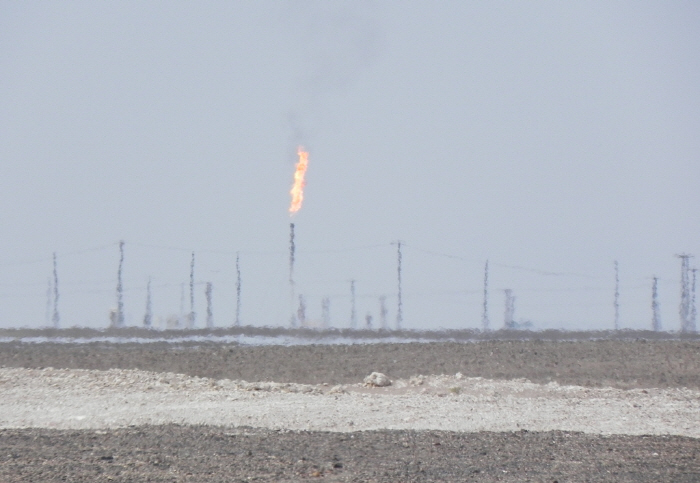Saudi Arabia and Russia have agreed to freeze oil output at January 2016 level if other large producers join them too. This has put pressure on Iran to restrict production as it is the only other producer apart from Saudi Arabia with the capability to boost production markedly in 2016. This is oil producers' first coordinate move to try and cut the supply glut that was triggered by the OPEC strategy change announced in November 2014.
The oil freeze deal was also agreed by OPEC members Venezuela and Qatar. The impact of this deal is unsure as important producers such as Iraq and Iran, which are looking to boost production in order to rebound their economic conditions, have not yet signed the deal. Iran is likely to boost output by about 700k-1m b/d in 2016 and expand production capacity by further 2 mb/d by 2020 post removal of the sanctions in January 2016.
In January 2016, global oil supply reached 96.5 mb/d, 2 mb/d higher than global oil demand. This shows that the supply glut will keep on increasing if measures are not taken to slowdown the growth of oil output. On the contrary, if all OPEC nations and Russia agree to freezing output, global oil supply will still exceed the demand in 2016; however, by just 500k mb/d. This might possibly push oil prices slightly higher. If the oil producers are seeking for a real rebound in prices in the short-term, a real reduction in oil production is required - an oil freeze will not be sufficient. However, it is still unsure if other major oil producers will accept the deal.
"If the deal is not accepted by other producers, we expect oil prices remain at current level around USD 33/barrel in Q1 as it is hard to find drivers that can push prices significantly higher in the short term", says Nordea Bank.
Real cut in oil output required to boost prices in short-term, oil freeze not enough

Wednesday, February 17, 2016 6:51 AM UTC
Editor's Picks
- Market Data
Most Popular



 Best Gold Stocks to Buy Now: AABB, GOLD, GDX
Best Gold Stocks to Buy Now: AABB, GOLD, GDX  FxWirePro: Daily Commodity Tracker - 21st March, 2022
FxWirePro: Daily Commodity Tracker - 21st March, 2022 































